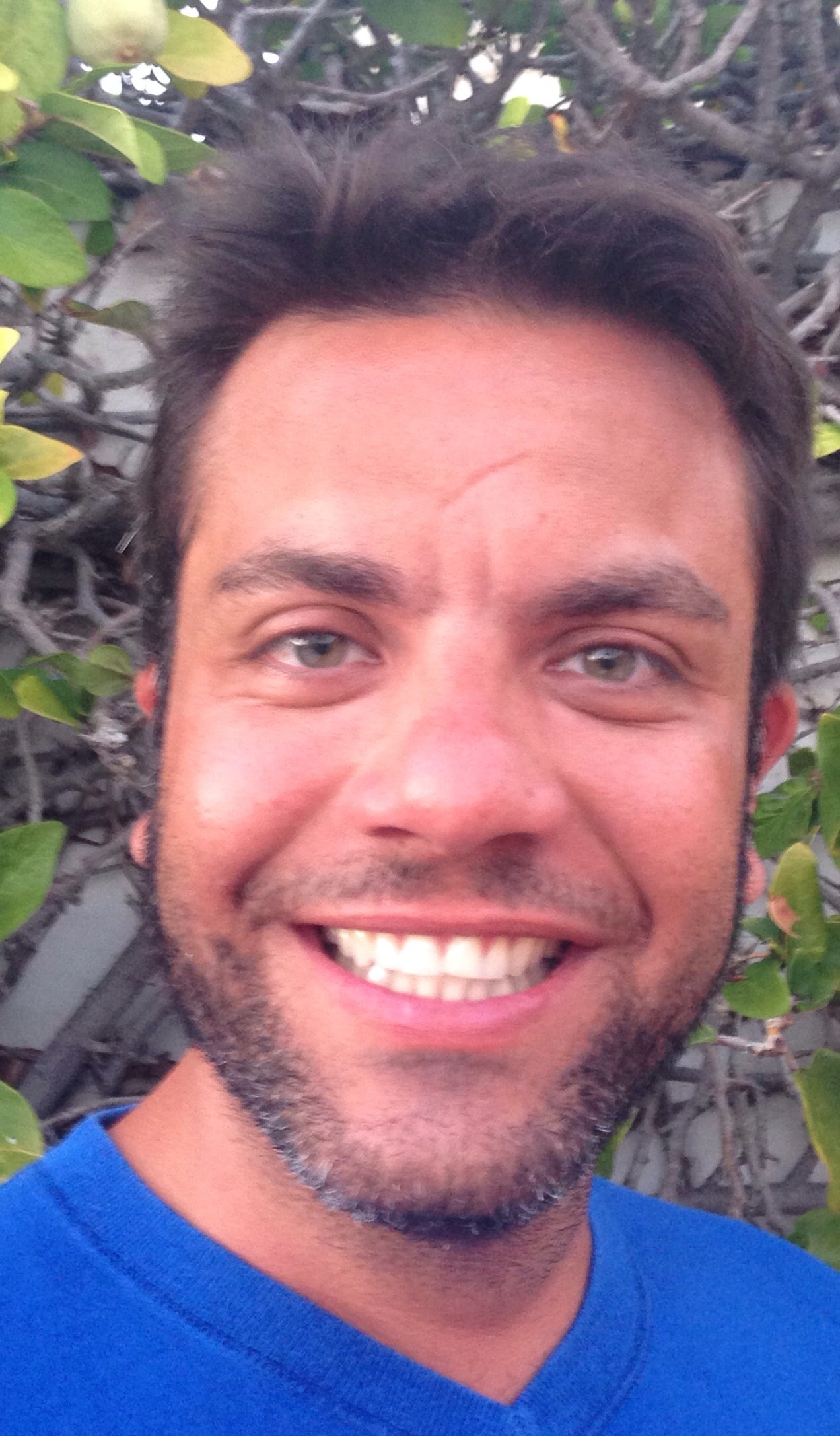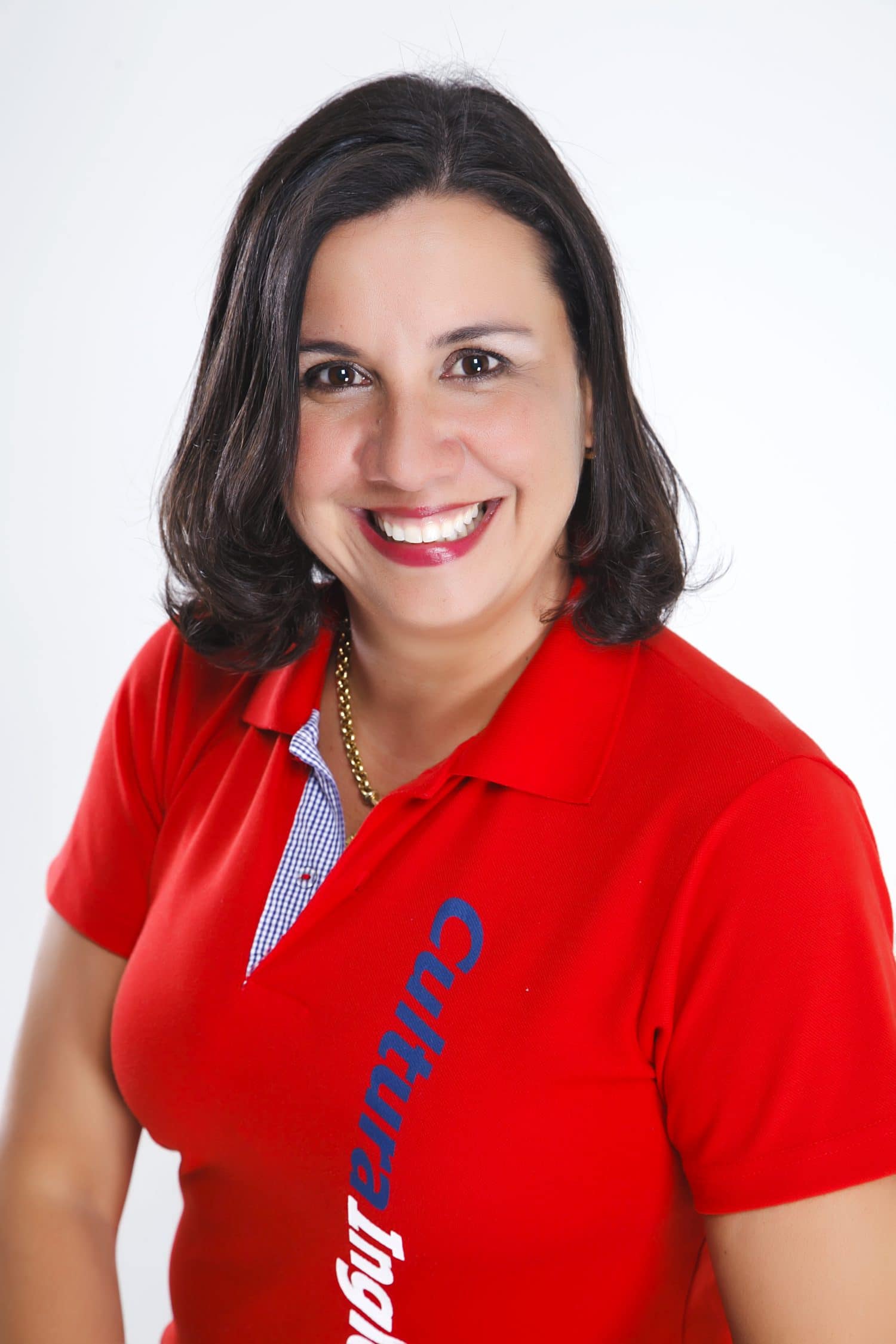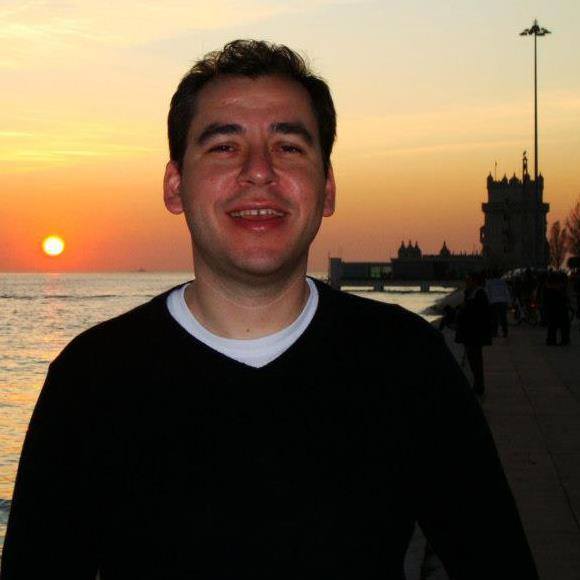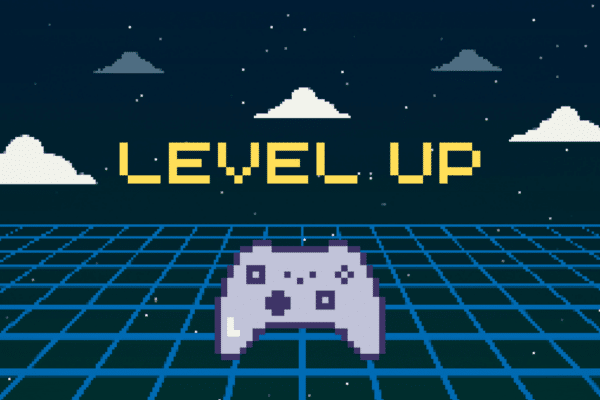A helping hand
We often wish for a helping hand in our careers; that generous supervisor, coordinator or colleague who will set goals for our development, introduce us to the right people, invite us to embark on different waters and acknowledge our strengths and talents. We hope that this one mentor will spot our gifts, give us an extra push and award us with their recognition; recognition that will help us blossom professionally.
Many professionals go on for years and years waiting for that help to arise in the hope of getting a promotion or a better job. Nonetheless, some of these professionals, when faced with no spontaneous helping hand along their way, tend to end up resenting the fact that others might have been ‘helped’ more than they believe to have been themselves.
However, a couple of days ago I attended a workshop by Paul Seligson in which he discussed a number of very interesting ideas and topics. One of the statements that got me thinking the most, however, was a Swedish proverb that he mentioned at the end of the presentation: “The best place to find a helping hand is at the end of your own arm”. I personally love proverbs and don’t think they would survive throughout the years if there weren’t a lot of truth within them. What this particular proverb triggered in me was the fact that there seems to be a rare awareness of what really goes on in our professional life. Rarely do professionals provide evidence that they understand that most of their career is actually managed and maximized by nobody else but themselves. We have the ability – and the responsibility – to help our own selves to find new opportunities, create challenges, overcome obstacles and ultimately grow as teachers and educators. We are not victims waiting for a hand. We are entrepreneurs, initiators, doers.
We should not expect others to help us develop professionally or outsource the responsibility to grow. We have to find the help that will propel us at the very end of our own arm. This way, the achievements we get will have a different taste and so will the failures we bring onto ourselves. They will be mostly ours. And if I were to add something to this Swedish proverb based on what I have seen in life, I would add that the more we embrace the responsibility of helping ourselves, the more likely we are to help others. And the more we use our own hands to help others, the more likely the world is to help us back. So at the end of our arms rests more than a helping hand. At the end of our own arms we might find the key to our generosity, drive and success.






